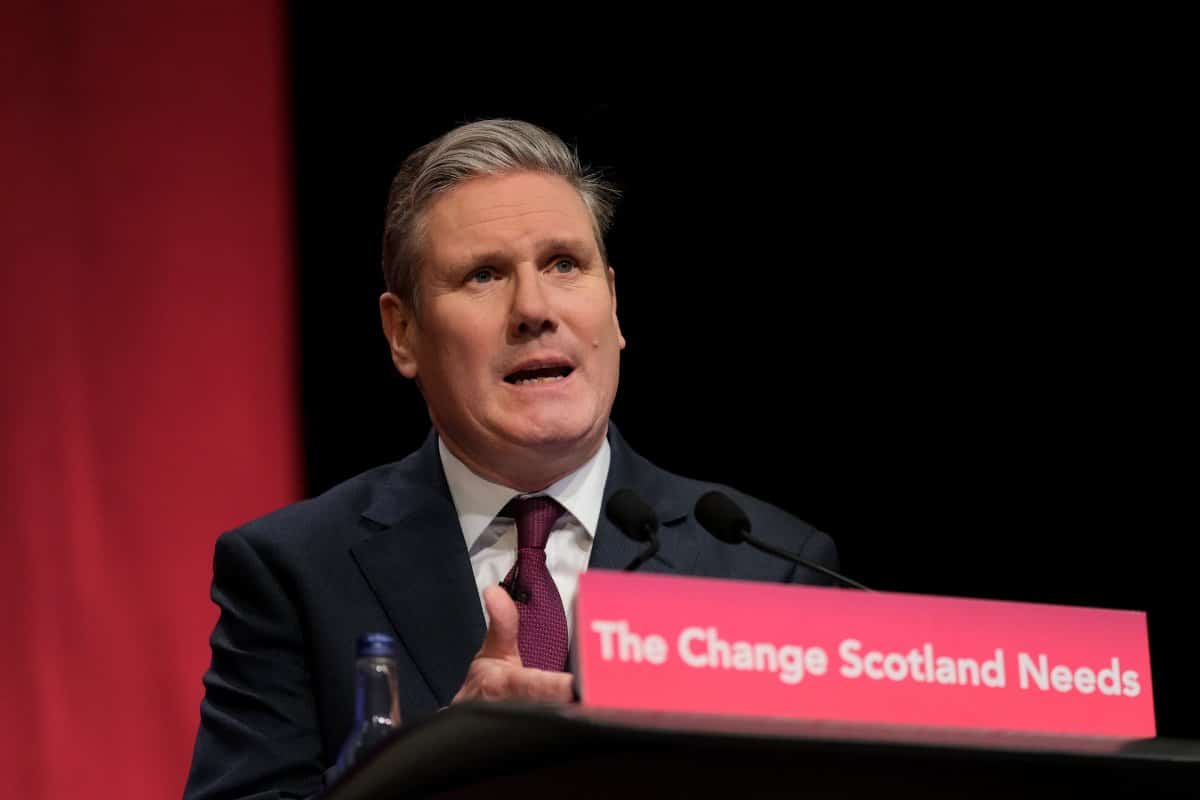Labour has approved its ambitious election manifesto despite notable reservations and a lack of endorsement from its largest trade union backer, Unite. Here’s the full story.
Manifesto Finalised

The Labour Party recently concluded finalising its manifesto for the upcoming general election, a crucial step in defining its policy agenda before the manifesto is officially released.
Internal Tensions

Despite a smooth sign-off at the party’s “clause V” meeting, the process was marked by significant internal tensions, particularly with its crucial trade union ally, Unite.
Clause V Meeting

On Friday, June 7th, Labour’s shadow cabinet, union representatives, and the National Executive Committee (NEC) convened for the Clause V meeting, an internal event shrouded in secrecy.
Secrecy Measures

The exact location was disclosed to attendees only on the morning of the meeting to prevent leaks to the press about what would be discussed.
Applause Amid Discontent

The meeting lasted approximately six and a half hours, concluding with the manifesto receiving applause.
Unite’s Discontent

This applause, however, masked underlying discontent among some participants, notably from Unite, Labour’s most prominent trade union backer.
Unite Rejects Manifesto

Unite, one of the Labour Party’s primary backers and a major funder chose not to endorse the manifesto, citing concerns over Labour’s stance on several key worker-related issues.
Unite Leader Issues Critique

Unite’s general secretary, Sharon Graham, articulated the union’s dissatisfaction with Labour’s positions on fire and rehire practices, zero-hours contracts, and oil and gas licences.
Cautious Optimism
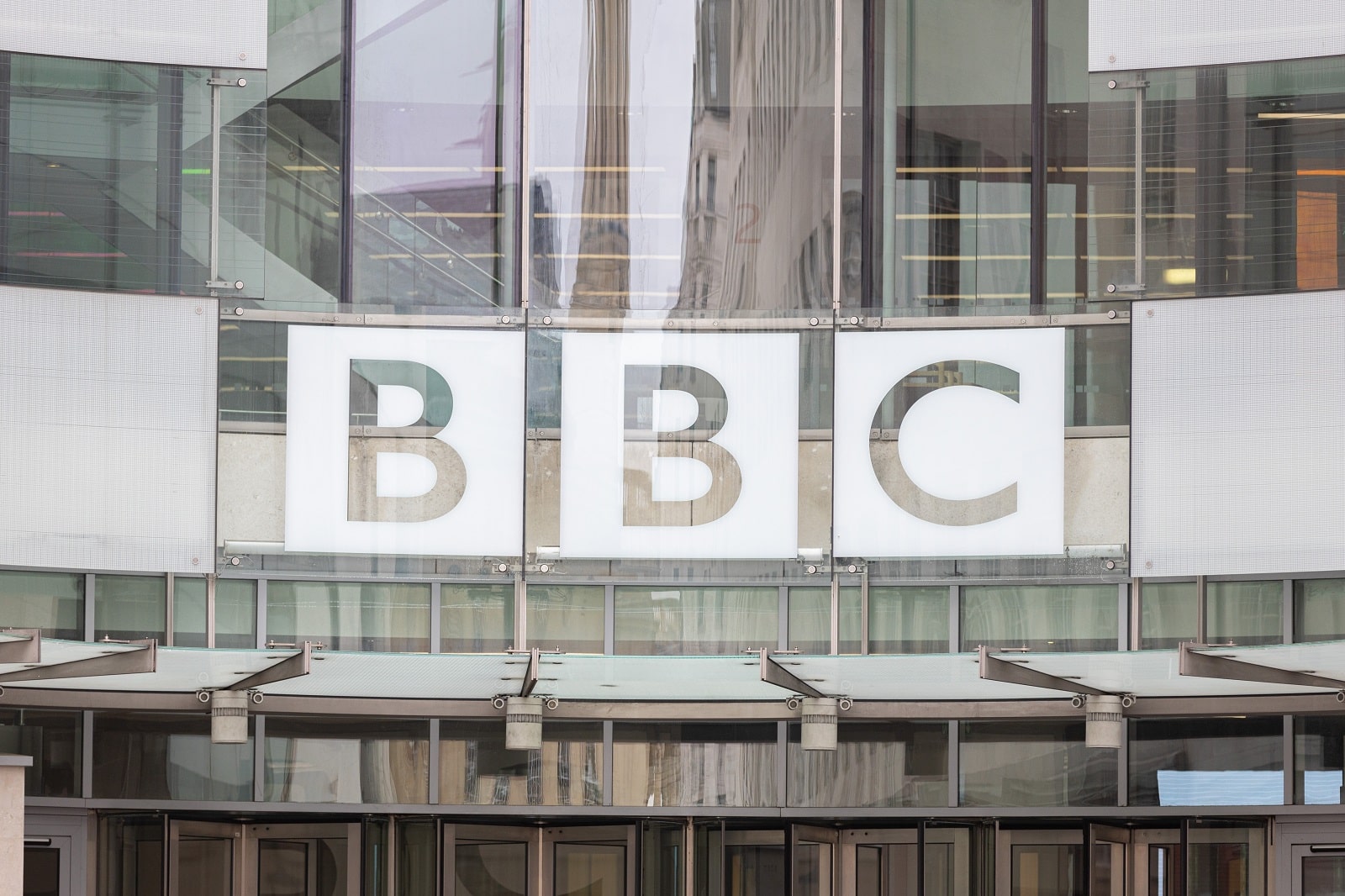
One union leader spoke to the BBC about the cautious optimism and private reservations some within the trade union movement had before the event, stating, “We go into the meeting with open hearts but girded loins.”
Ambitious Policy Commitments

Despite Unite’s reservations, Labour’s manifesto outlined several ambitious policy commitments to address some of the most pressing issues facing the UK before the election.
Five Core Missions

The document centres on five core missions: the economy, the NHS, energy, education, and planning reform. Key pledges include establishing GB Energy, a publicly owned green power company, providing 40,000 more NHS appointments per week, and recruiting 6,500 new teachers to fill workforce gaps.
Palestine Recognition

Additionally, Labour committed to recognising a Palestinian state as part of a broader peace process, a policy which Labour leader Keir Starmer confirmed would be included in Labour’s manifesto.
“Viable Palestinian State”
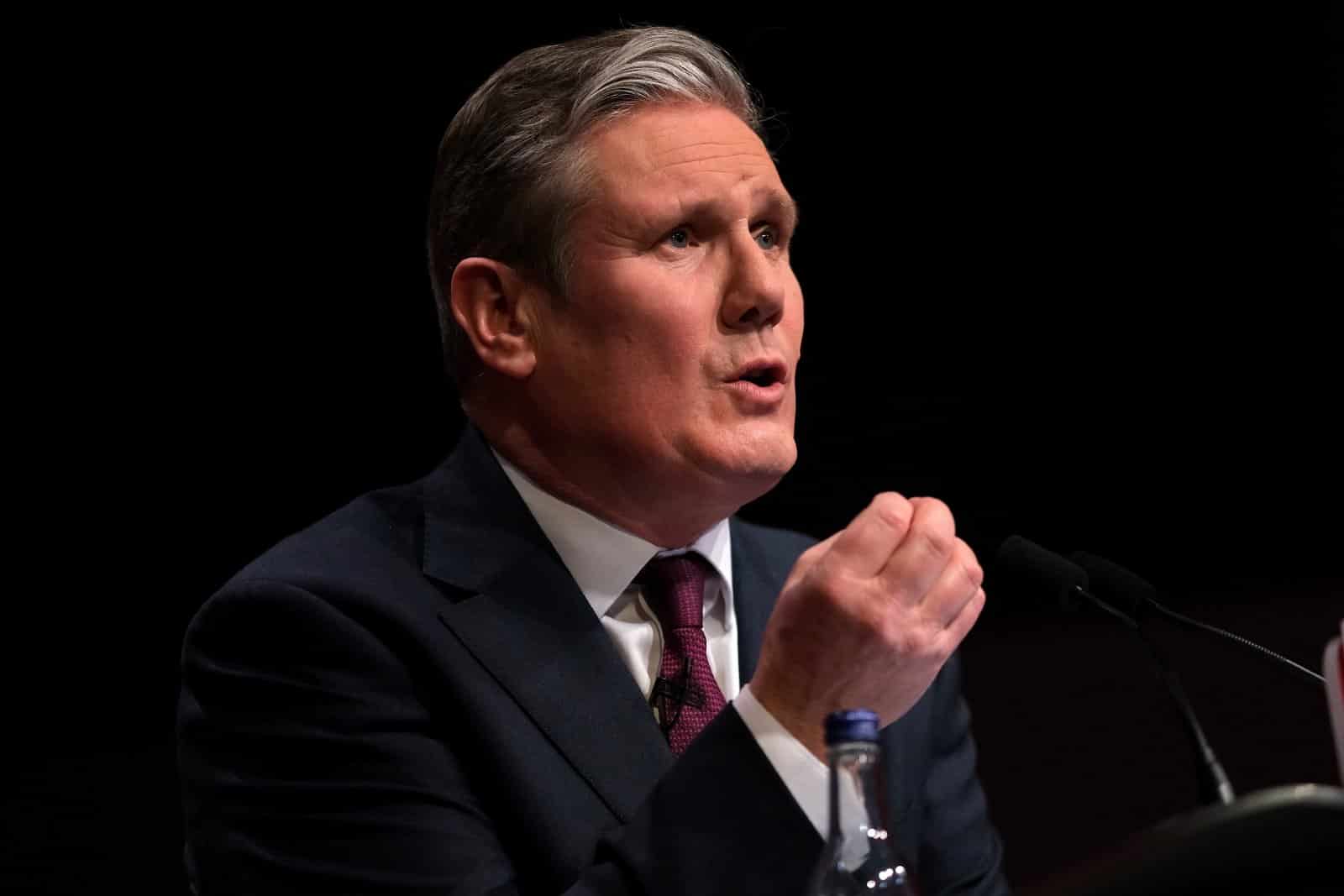
Of the proposal, Keir Starmer stated, “That needs to be part of the process, it’s very important we have a viable Palestinian state alongside a safe and secure Israel.”
Mixed Reactions

The clause V meeting and the subsequent approval of the manifesto elicited mixed reactions both within and outside the Labour Party.
Unite’s Financial Impact

Unite’s refusal to endorse the manifesto raised questions about its financial support for Labour’s campaign, a significant factor considering the union’s £3 million contribution to the 2019 campaign.
Momentum’s Disappointment

Furthermore, left-wing groups like Momentum expressed “deep disappointment” over the manifesto’s lack of commitment to specific social policies, such as free school meals and the scrapping of the two-child benefit cap.
“Kick Out Tory Policies”

A Momentum spokesperson stated, “We need to kick out not just the Tories, but Tory policies too.”
“Real Labour Values”

They continued, “Standing alongside child poverty campaigners and friends across the labour movement, we will continue to push for these policies, which represent the essence of real Labour values.”
Starmer Defends Provisions
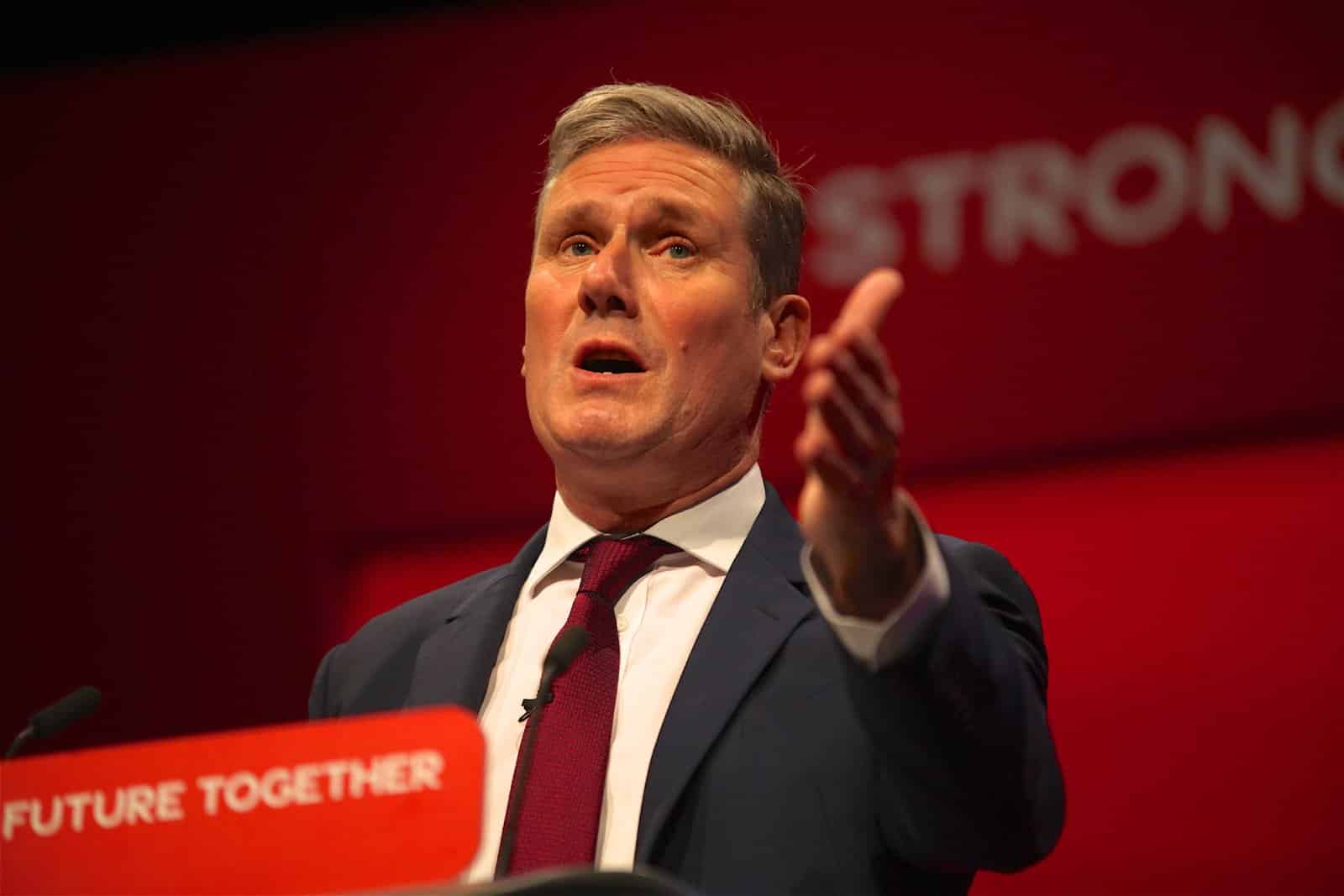
Labour leader Keir Starmer defended the manifesto’s provisions: “We’ve got a very good package for working people. This is the biggest levelling up of rights at work for a very, very long time.”
“Respect and Dignity”

He continued, “This is about, for me, the respect and dignity that I think everyone should have at work. But it’s also crucial to our plan for growth.”
Tightrope Walk

Starmer’s stance on the issue has been finely honed to attempt to walk the tightrope between reassuring both party members and the public about Labour’s commitment to improving working conditions across the UK without scaring off the business community.
Historic Union Influence

Despite Labour’s desire to appeal to as wide a section of the electorate as possible, trade unions have historically played a significant role in shaping Labour’s policies and the all-important need for party funding.
Setting the Stage

The approval of Labour’s manifesto finally sets the stage for the upcoming general election, which will present the party with both challenges and opportunities.
Underlying Divisions

The absence of formal endorsement from Unite and the critical feedback from other factions within the party reflect underlying divisions that could impact Labour’s campaign.
Need for Unity

While the document’s approval signifies a unified front on paper, the underlying tensions with essential allies like Unite stress the need for coalition building within the party, especially considering the recent allegations of a “left-wing purge” taking place within the party.
Bridging Divides
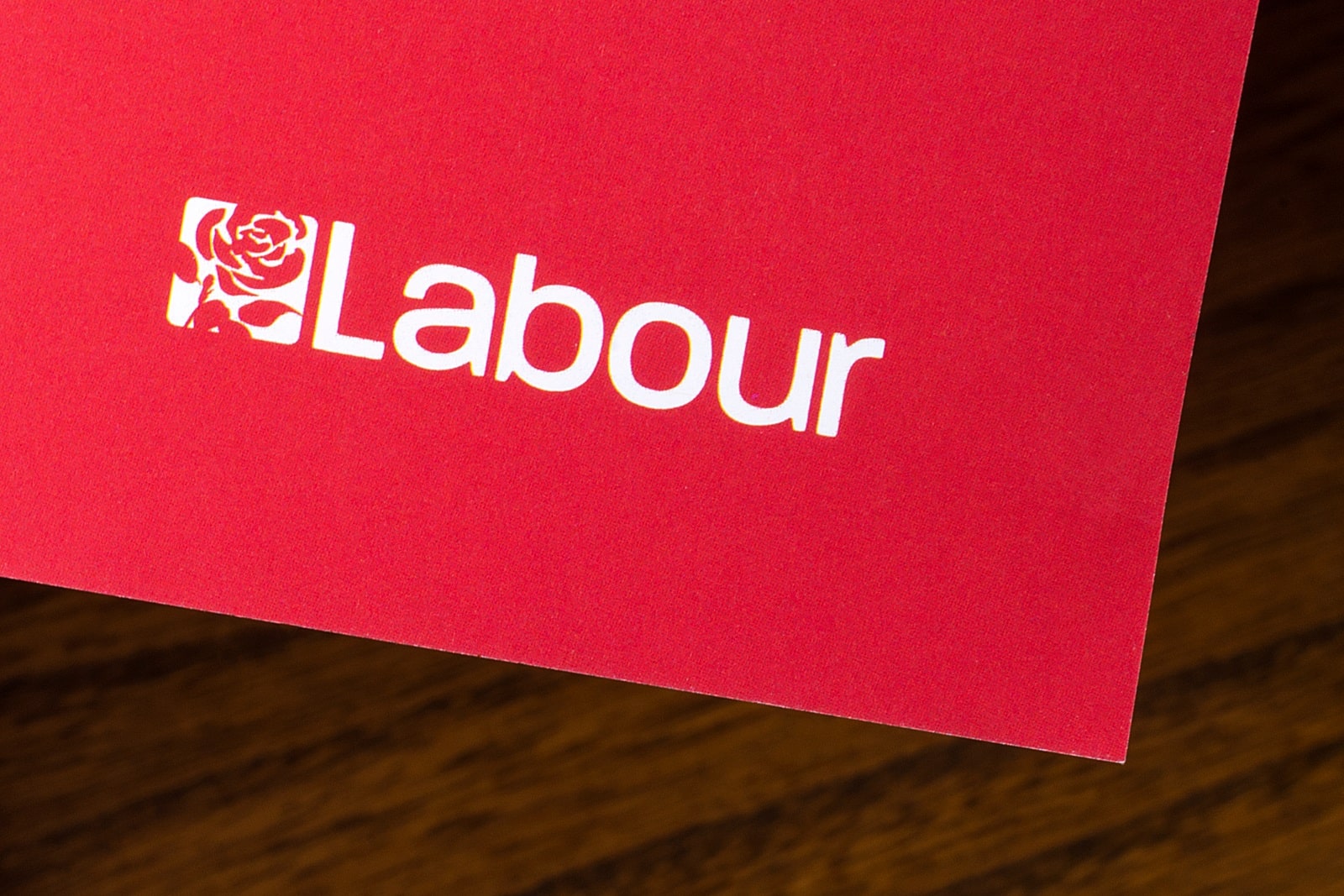
As Labour prepares to launch its manifesto and campaign for the general election, it remains to be seen if Labour’s manifesto will be able to bridge the divide between internal desires and external pressures on its path to the general election.
25 Things You CAN’T Talk About Anymore

Remember the days when you could freely discuss just about anything without fear of sparking controversy? Well, those days are long gone. In today’s hyper-sensitive world, there are topics so fraught with tension that even mentioning them can lead to heated debates and hurt feelings. 25 Things You CAN’T Talk About Anymore
Stranded: 15 Worst British Cars in History

Ever had a car that spent more time with the mechanic than on the road? A car that turned every journey into a game of “Will we actually get there?” If so, you might just see a familiar face (or should we say, chassis) in our countdown to the most unreliable British car in history. Stranded: 15 Worst British Cars in History
“Britain Will Become Unrecognizable” – Suella Braverman Spells Disaster for UK Amid Steep Rise in Visas Issued

Former Home Secretary Suella Braverman has warned that Britain will become “unrecognizable,” criticizing the amount of work visas the Home Office has approved, despite only being removed from her role in November. “Britain Will Become Unrecognizable” – Suella Braverman Spells Disaster for UK Amid Steep Rise in Visas Issued
20 Things From the ‘70s That Are Not OK Today

Step into the time machine and set the dial to the 1970s, a decade of disco, bell-bottoms, and some rather questionable choices. While the ’70s gave us iconic music and groundbreaking TV, not everything from this groovy era would get a green light today. 20 Things From the ‘70s That Are Not OK Today
20 Best and Worst Universities in the UK
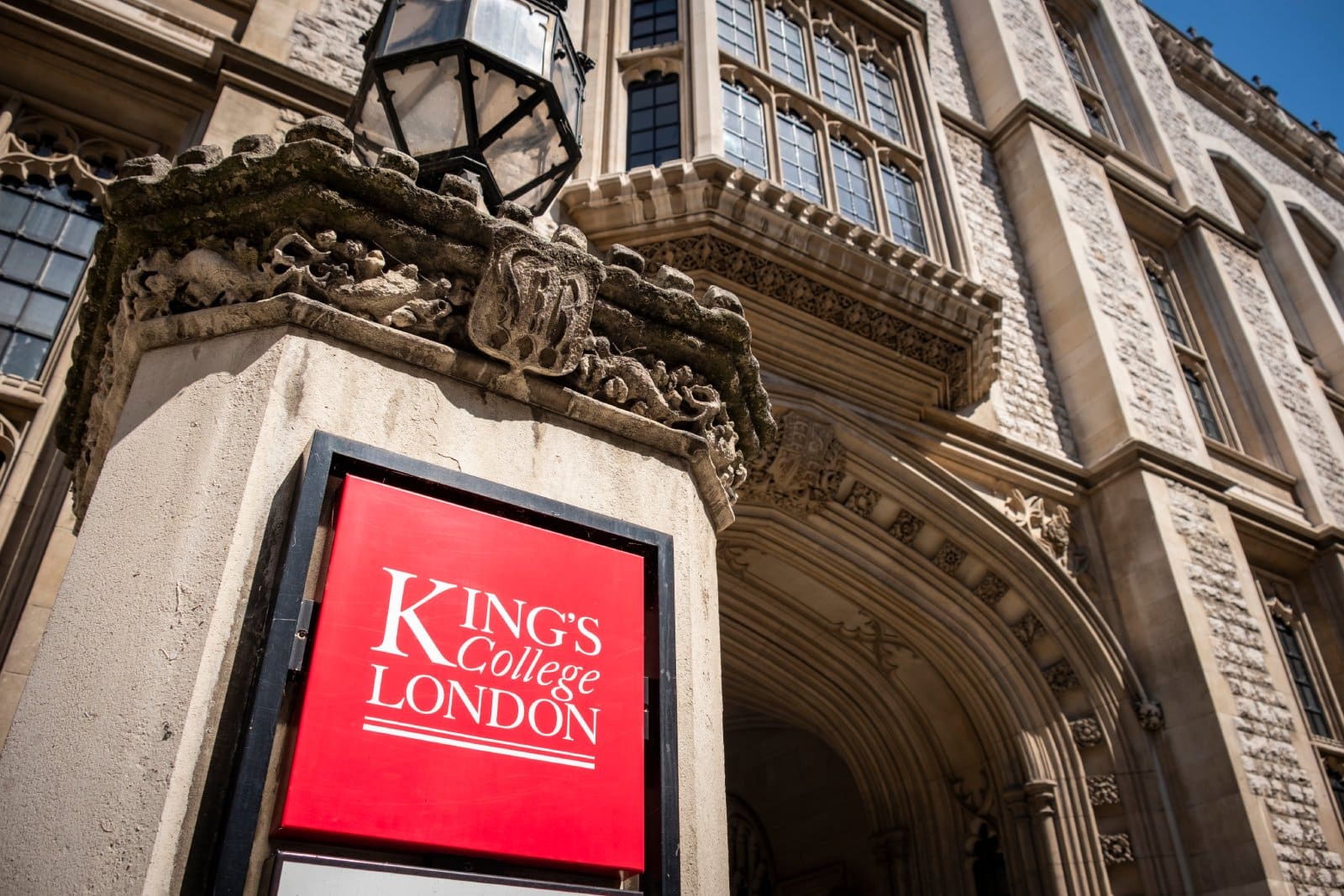
Navigating the UK university landscape is like deciphering a complex code of rankings, reviews, and reputations to uncover where you’ll not just learn, but truly flourish. Whether you’re drawn to the historic halls of Oxford or the creative buzz of Goldsmiths, finding your perfect fit is about aligning your aspirations with the unique offerings of each institution. 20 Best and Worst Universities in the UK
The post Unite Union REFUSE to Endorse Labour’s Ambitious Election Manifesto first appeared on Edge Media.
Featured Image Credit: Shutterstock / Altopix.
Grant Gallacher is a seasoned writer with expertise in politics and impactful daily news. His work, deeply rooted in addressing issues that resonate with a wide audience, showcases an unwavering commitment to bringing forth the stories that matter. He is also known for satirical writing and stand up comedy.

